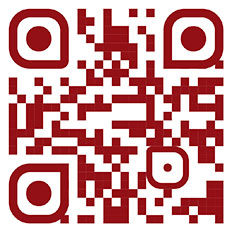Intercultural Communicative Competence of English Language Students for the Development of City Tourism
DOI:
https://doi.org/10.58663/riied.vi8.142Keywords:
Intercultural Communicative Competence, city tourism, English language students, professional trainingAbstract
The English with a Second Foreign Language degree at the University of Matanzas inserts students into pre-professional practice in the interpretation of heritage and the promotion of city tourism. An approach to this activity from the point of view of communication involves defining the cognitive-communicative components that guarantee its quality. The aim of this article is to systematize the theoretical foundations that support the development of Intercultural Communicative Competence for the interpretation of heritage in these students. The research was based on the dialectical-materialist conception as a general method of science. Educational research methods were used, both at the theoretical and empirical levels: the historical-logical, the inductive-deductive and the analytical-synthetic. Among the empirical methods: documentary analysis, observation, survey and interview. As a result, the initial state of the investigated problem was identified, its possible ways of solution, as well as the motivation and disposition regarding the topic. The development of intercultural communicative competence for the interpretation of heritage contributes to the integral and humanistic formation of students because it contributes to the preservation of heritage and favors their future performance once they graduate.


















